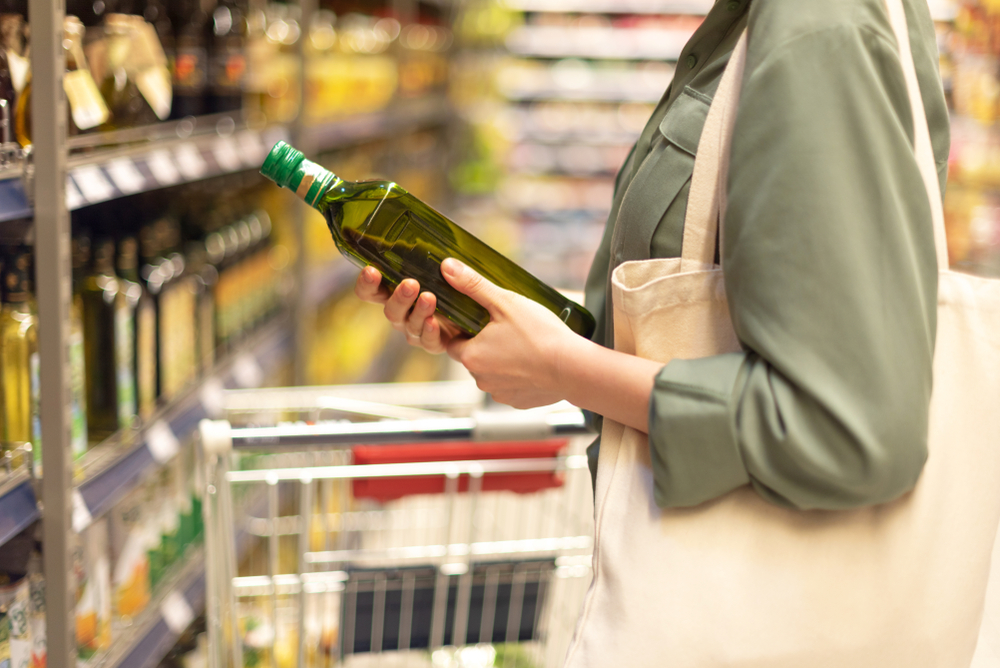Spain is the world’s largest producer and exporter of olive oil.
Others are reading now
In response to soaring olive oil prices driven by global inflationary pressures and reduced production due to heatwaves and prolonged drought, the Spanish government has announced temporary measures to ease the burden on consumers.
Spain, the world’s largest producer and exporter of olive oil, has seen prices skyrocket, impacting households across the country and in other Mediterranean nations.
A Kitchen Staple
According to Spain’s Ministry of Agriculture, since September 2020, olive oil prices have surged by 272%. Currently, a five-liter bottle can cost over 50 euros (approximately $53) in Spanish supermarkets.
Olive oil is a staple in Spanish cuisine, used for cooking, salads, sandwiches, vegetables, and various dishes. Despite its integral role in the Mediterranean diet, some consumers have opted for cheaper alternatives amid price hikes.
Also read
The government has swiftly responded by reducing the sales tax on olive oil from 10% to 5%, as part of broader efforts to combat high inflation.
Effective immediately until September, olive oil sales will be tax-free, followed by a 2% tax rate from September to December. Subsequently, a 4% tax will apply, establishing olive oil as a basic food commodity, emphasized María Jesús Montero, the Minister of the Treasury, underscoring its significance in promoting a healthy Mediterranean lifestyle.
Impact of Price Increases on Spanish Consumers
The sharp increase in olive oil prices has posed challenges for Spanish households accustomed to its widespread use in everyday cooking.
With consumption averaging six liters per person annually domestically, compared to just 0.4 liters internationally, the price surge has prompted shifts in consumer behavior.
Some have begun substituting olive oil with more affordable alternatives, altering traditional culinary practices ingrained in Spanish culture.
Government Response and Future Outlook
María Jesús Montero, Minister of the Treasury, highlighted the government’s proactive stance in recognizing olive oil’s cultural and dietary importance.
The phased reduction in sales taxes aims to mitigate financial strain on consumers while stabilizing the market.
Looking ahead, these measures are set to ease financial pressures temporarily, offering relief to households grappling with the economic repercussions of global inflation and climatic challenges affecting olive oil production.


